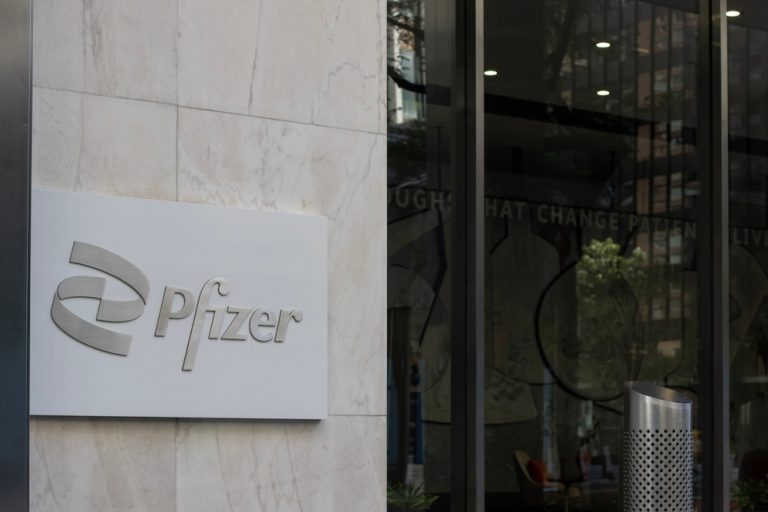In a landmark decision that reverberates through the corridors of social media governance and free speech advocacy, a US court has decisively dismissed a lawsuit filed by Elon Musk’s social media empire, X (formerly known as Twitter), against the Center for Countering Digital Hate (CCDH). This lawsuit had its roots in accusations that hate speech incidents on the platform had surged since Musk’s acquisition. X had pointed fingers at CCDH for allegedly unlawfully accessing its data to substantiate these claims. However, the court’s ruling spotlighted a crucial perspective on the essence of criticism and accountability in the digital age, marking a significant setback for Musk, who is widely recognized as a “free-speech absolutist.”
At the heart of this legal battle was X’s claim against CCDH, accusing the non-profit organization of orchestrating a “scare campaign” aimed at alienating advertisers by “intentionally and unlawally” scraping data to craft misleading reports about the platform’s moderation (or lack thereof) under Musk’s stewardship. The company sought reparation in “tens of millions of dollars” for the alleged damages. Judge Charles Breyer’s ruling refuted these claims and underscored a broader concern, suggesting that Musk’s legal offensive was more about silencing critics than protecting proprietary data. “It is evident Mr. Musk’s X Corp did not like criticism,” Breyer remarked, emphasizing that the lawsuit seemed intent on “punishing CCDH for … publications that criticized X Corp” rather than addressing genuine data privacy issues.
Reactions were swift and polarized in the wake of the court’s decision. X announced its intention to appeal, reflecting Musk’s undeterred resolve to challenge what he perceives as unfounded critiques of his platform. Meanwhile, CCDH’s founder and chief executive, Imran Ahmed, hailed the verdict as a victory for freedom of speech and research. He accused Musk of leading a “loud, hypocritical campaign” of harassment against CCDH, aiming to “avoid taking responsibility for his own decisions.” Ahmed’s response highlighted the court’s affirmation of “our fundamental right to research, to speak, to advocate, and to hold accountable social media companies,” viewing the ruling as a beacon for others engaged in similar accountability efforts.
This court decision illuminates the complex landscape of digital rights, corporate accountability, and the bounds of free speech. Musk’s aggressive acquisition and subsequent platform restructuring, including significant workforce reductions and controversial content moderation policies, have ignited widespread debate and scrutiny. This lawsuit and its dismissal further complicate the narrative around Musk’s tenure at X, showcasing the tensions between corporate control, public accountability, and the inherent challenges of governing speech in the vast, ungovernable expanse of the internet.
As the dust settles on this legal skirmish, the broader implications for social media governance and free speech principles loom large. This case serves as a poignant reminder of the fine line between safeguarding digital ecosystems from harmful content and upholding the unassailable right to critique and question those in positions of digital authority. The appeal process, as pursued by X, will undoubtedly be closely watched by advocates and critics alike, as it promises to further define the boundaries of accountability and freedom in the digital age.






















